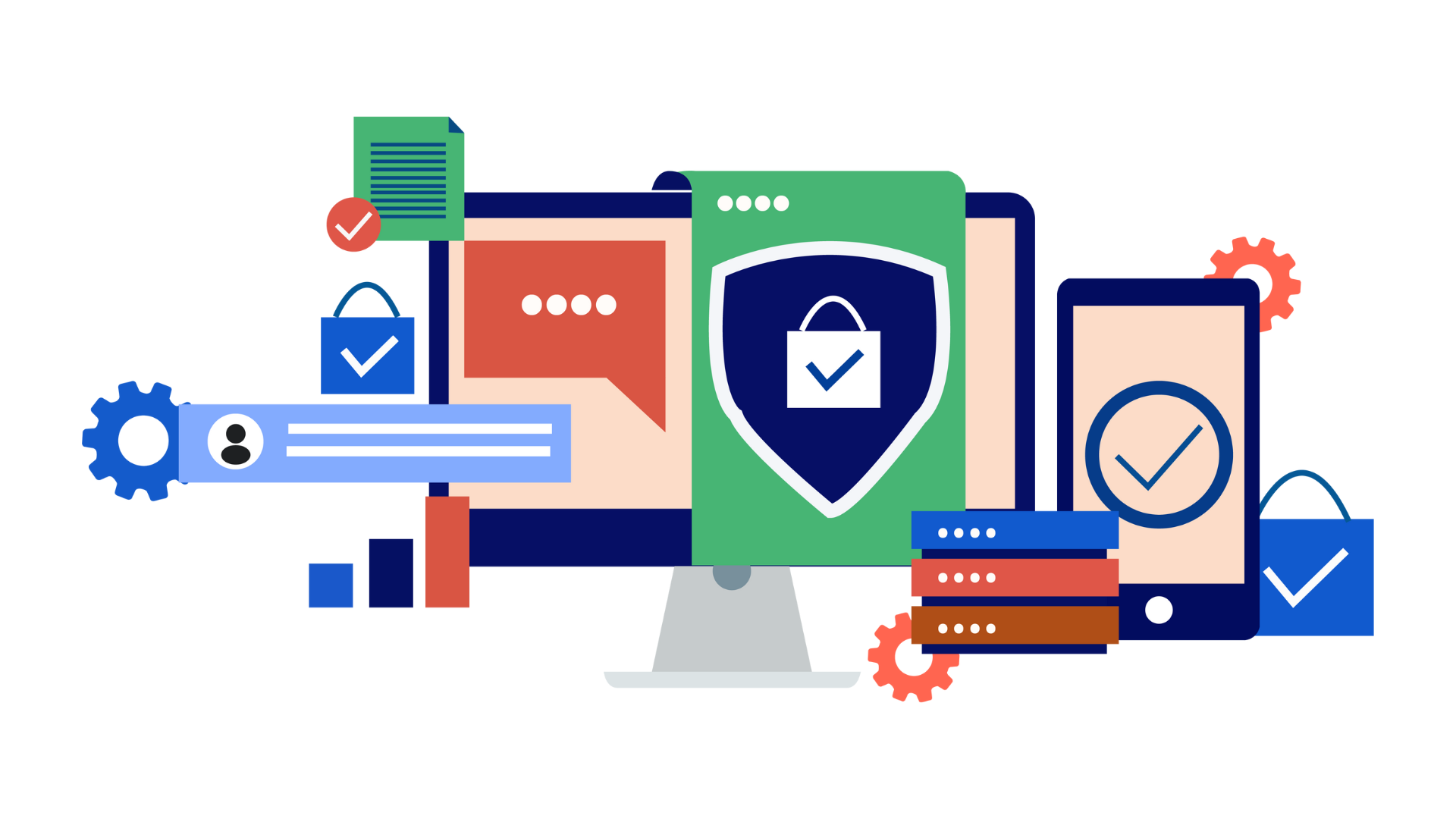Cyber Security
Cyber bullying
Cyberbullying refers to the use of electronic communication devices, such as computers, smartphones, and tablets, to engage in repeated, aggressive behavior that is intentional and involves an imbalance of power or strength. It can take various forms, including sending threatening messages, spreading rumors or false information, posting embarrassing photos or videos without consent, or excluding someone from online social groups.
According to the Cyberbullying Research Center, about one in three young people have experienced cyberbullying, and about one in four have engaged in cyberbullying behavior. It can have serious consequences, including depression, anxiety, low self-esteem, and in extreme cases, suicide.One of the main challenges with cyberbullying is that it can happen anytime, anywhere, and often goes unreported or unnoticed by adults. It can also be difficult to trace the source of the bullying, as perpetrators often use anonymous accounts or fake profiles.

There are several ways to prevent or respond to cyberbullying. Here are a few tips for young people:
- Don't respond to the bully. This can escalate the situation and give the bully more power. Instead, try to ignore the bully and save the evidence in case you need to report the incident.
- Reach out for help. Talk to a trusted adult, such as a parent, teacher, or counselor, about what is happening. They can help you come up with a plan to stop the bullying and provide emotional support.
- Use the blocking and reporting features on social media platforms and other online tools. This can help prevent the bully from contacting you and make it easier to report the incident.
- Take care of yourself. Find ways to manage stress, such as exercising, meditating, or spending time with friends and loved ones.
For parents and educators, here are some ways to address cyberbullying:
- Educate young people about the risks and consequences of cyberbullying. This can help prevent it from happening in the first place.
- Encourage open communication. Let young people know that they can come to you for help and support if they are being bullied or if they see someone else being bullied.
- Monitor online activity and set boundaries. This can help you spot any potential issues and intervene if necessary.
- Get involved in your child's online life. Know what social media platforms they are using and who they are connecting with online.
- Teach young people how to be responsible digital citizens. This includes respecting others' boundaries and privacy, being mindful of what they post online, and not engaging in cyberbullying behavior.
In addition to these prevention and response strategies, it is important for schools, communities, and policymakers to take action to address cyberbullying. This can include implementing anti-bullying policies and programs, providing training for educators and parents, and working with law enforcement to investigate and prosecute cases of cyberbullying.
In conclusion, cyberbullying is a serious issue that can have lasting impacts on young people's mental health and well-being. It is important for individuals, families, and communities to take steps to prevent and respond to cyberbullying to create a safer, more respectful online environment for all.
